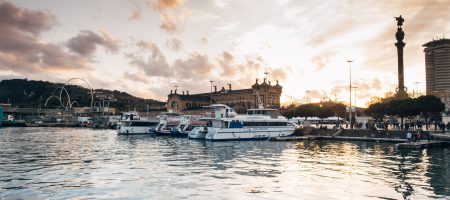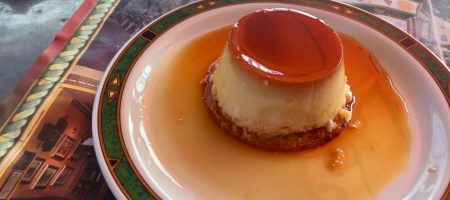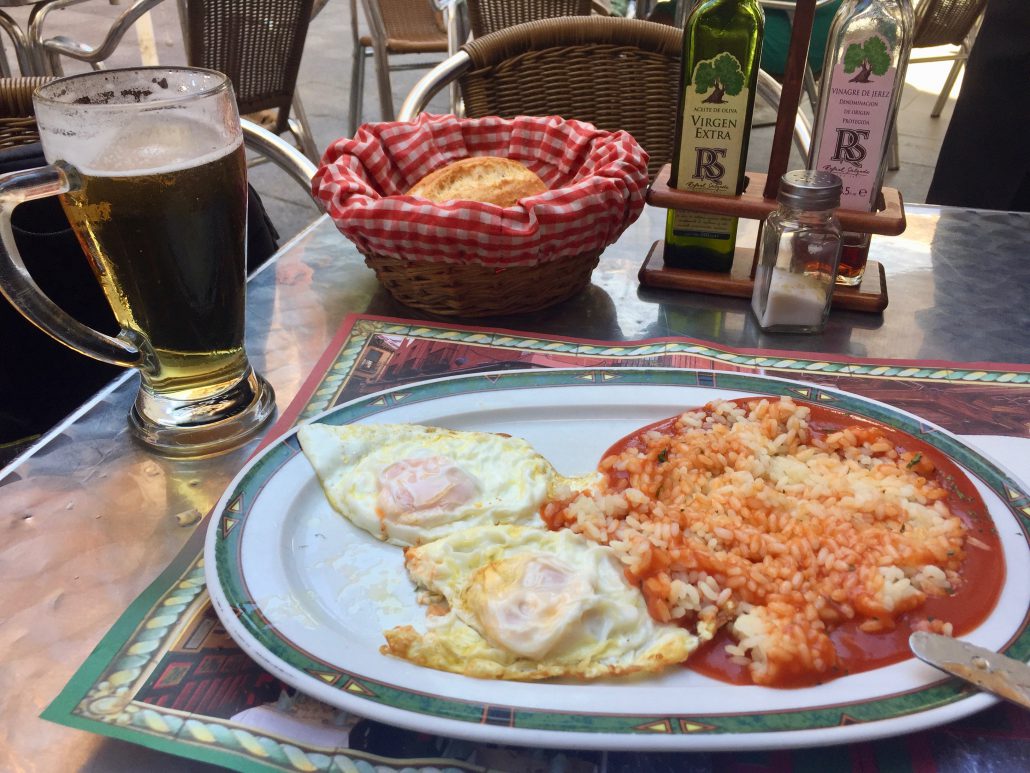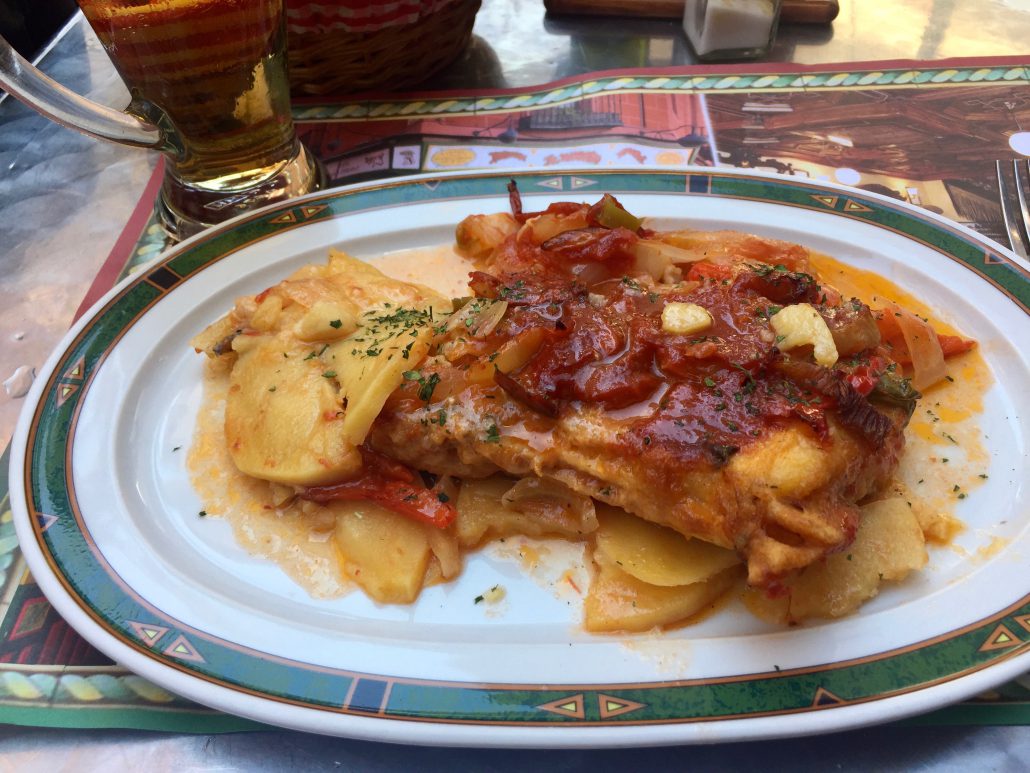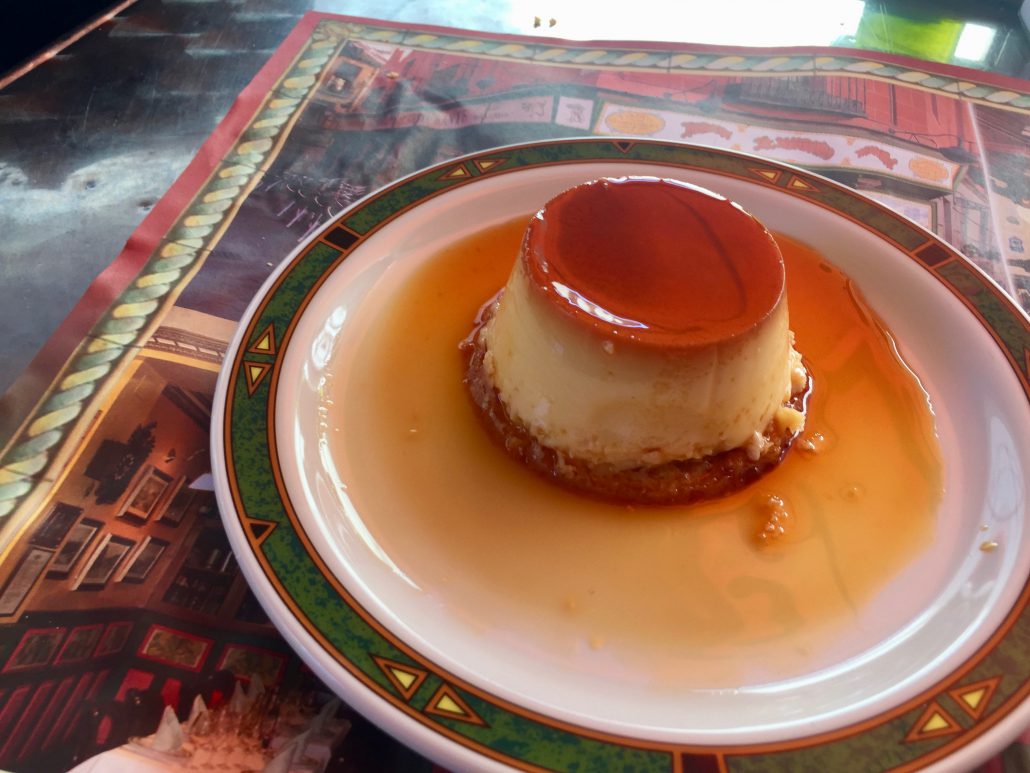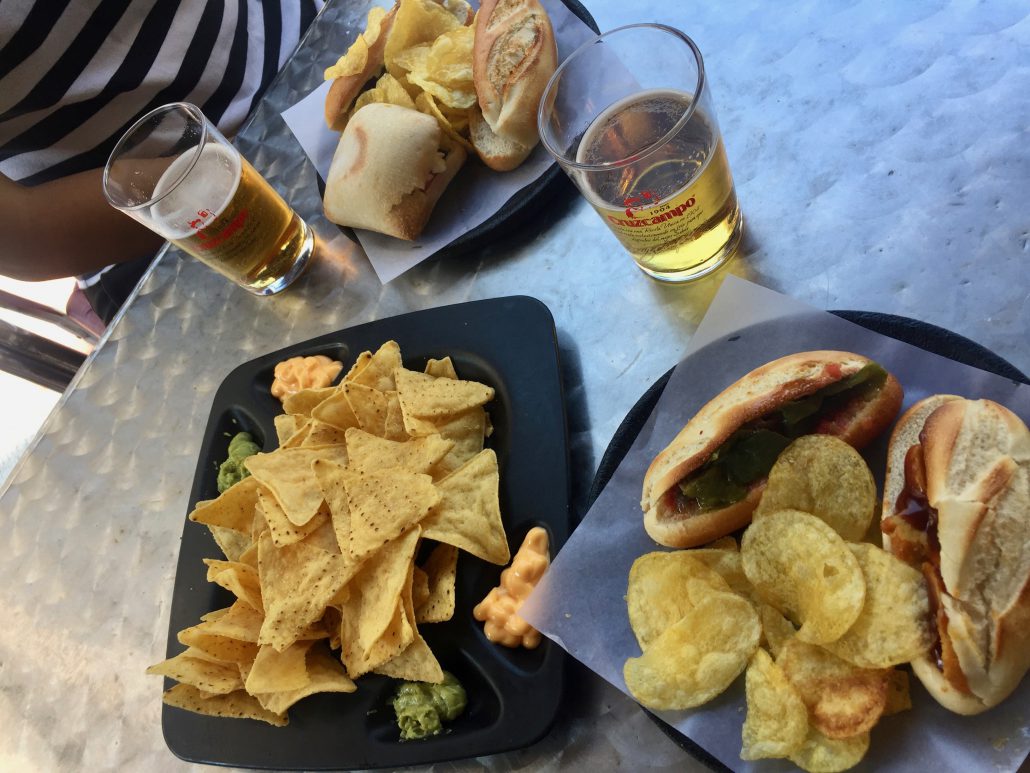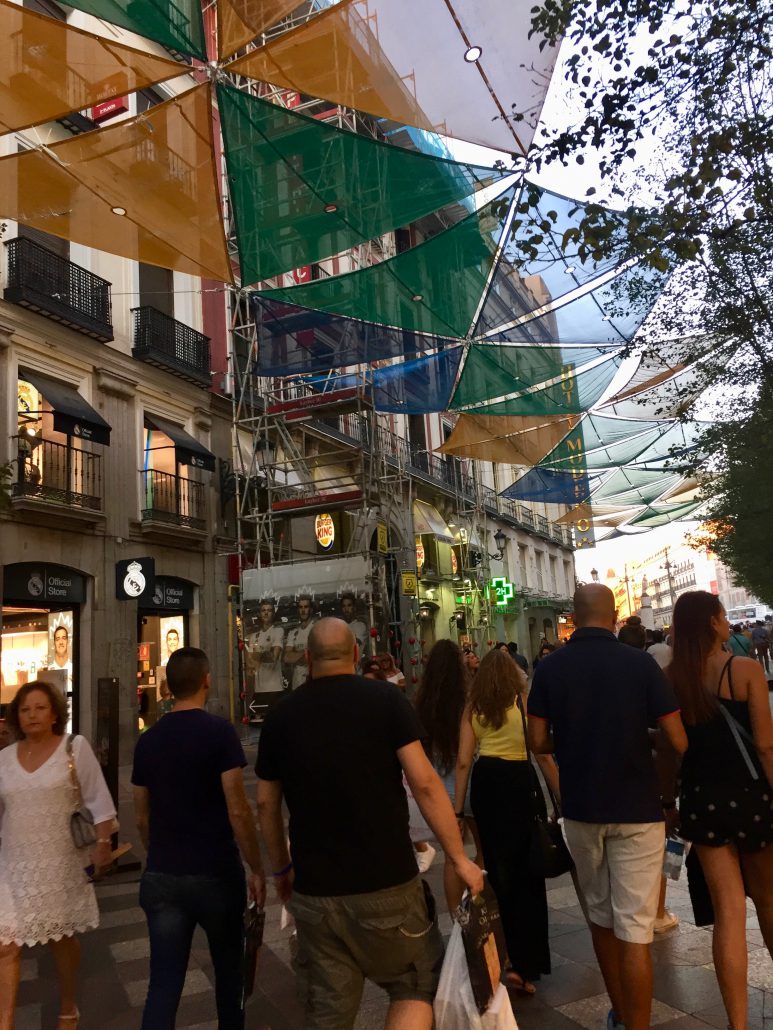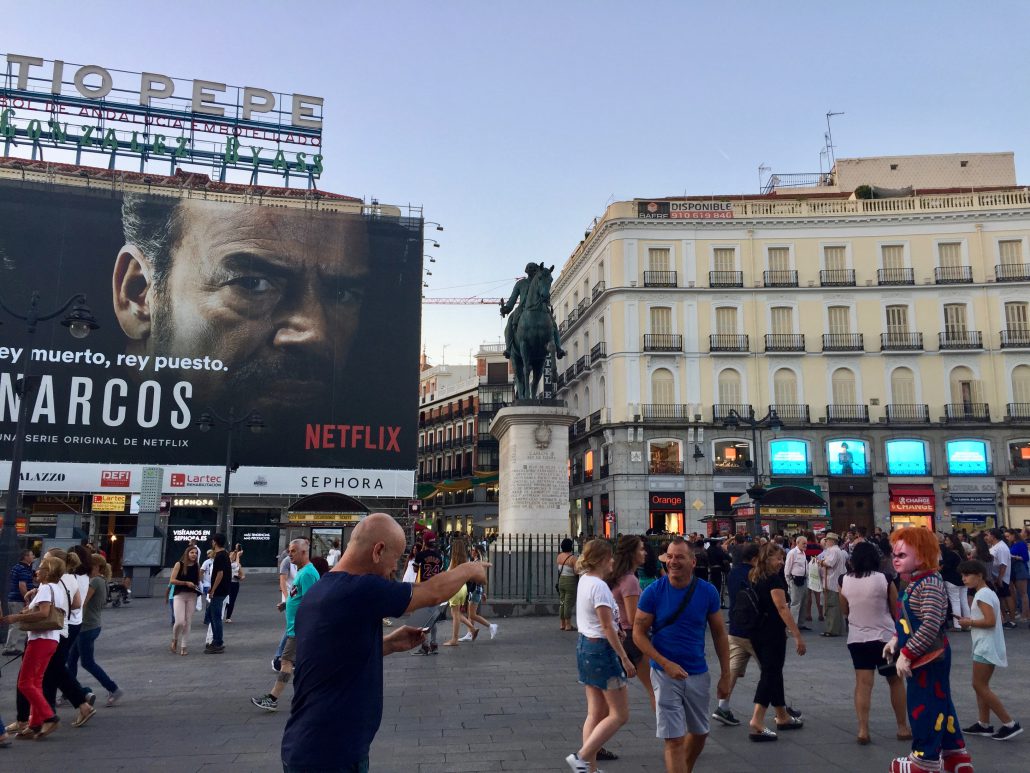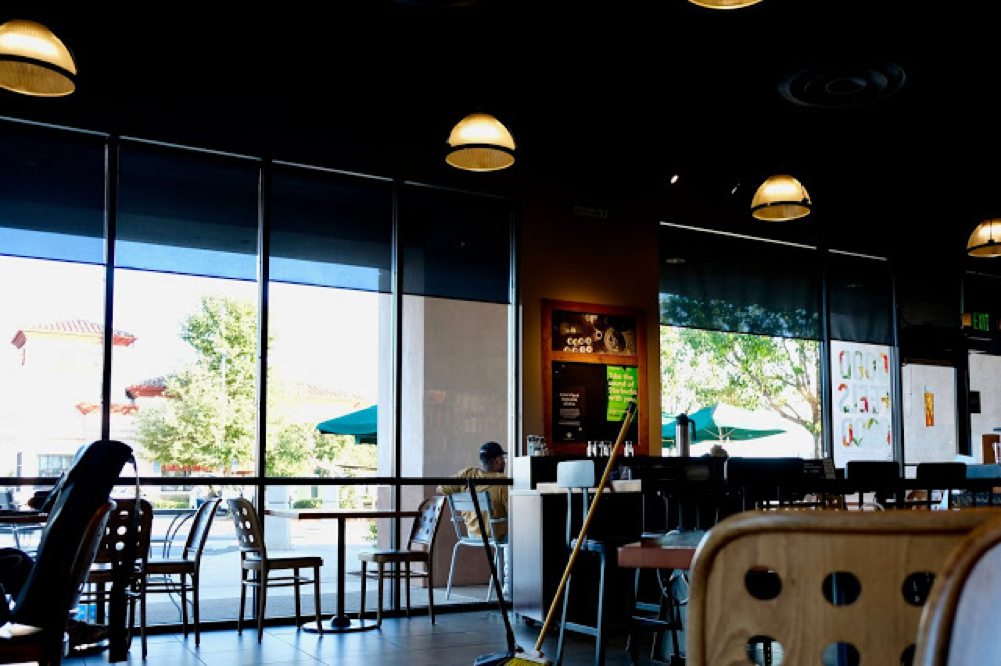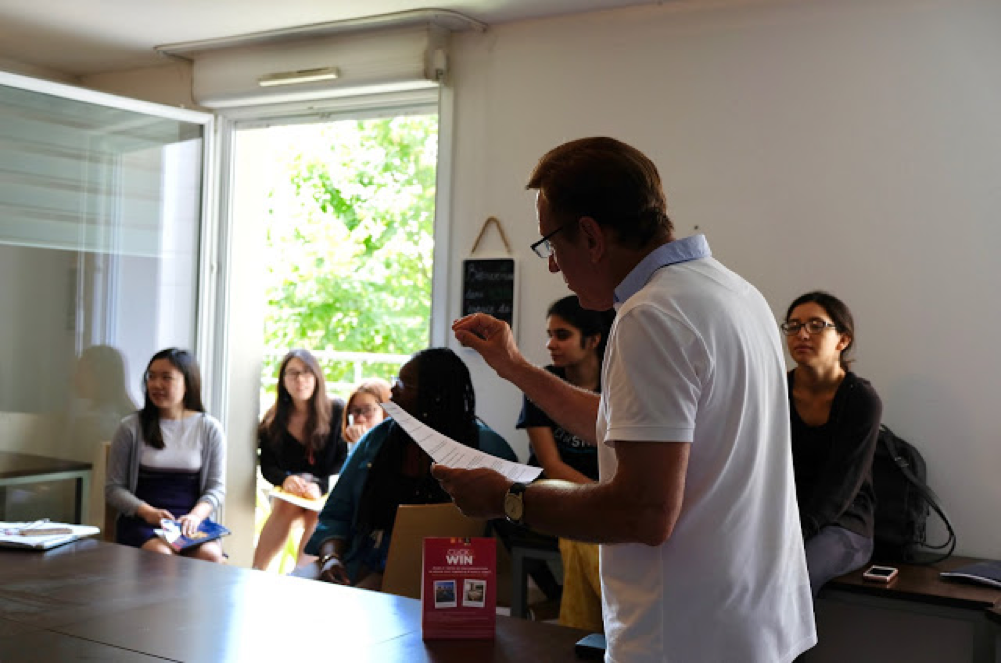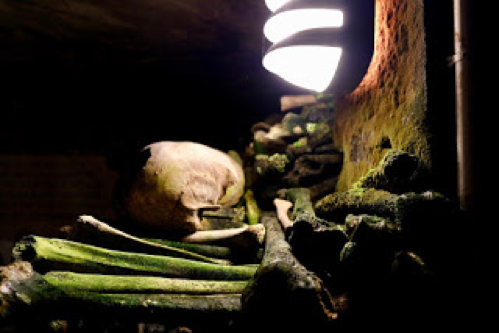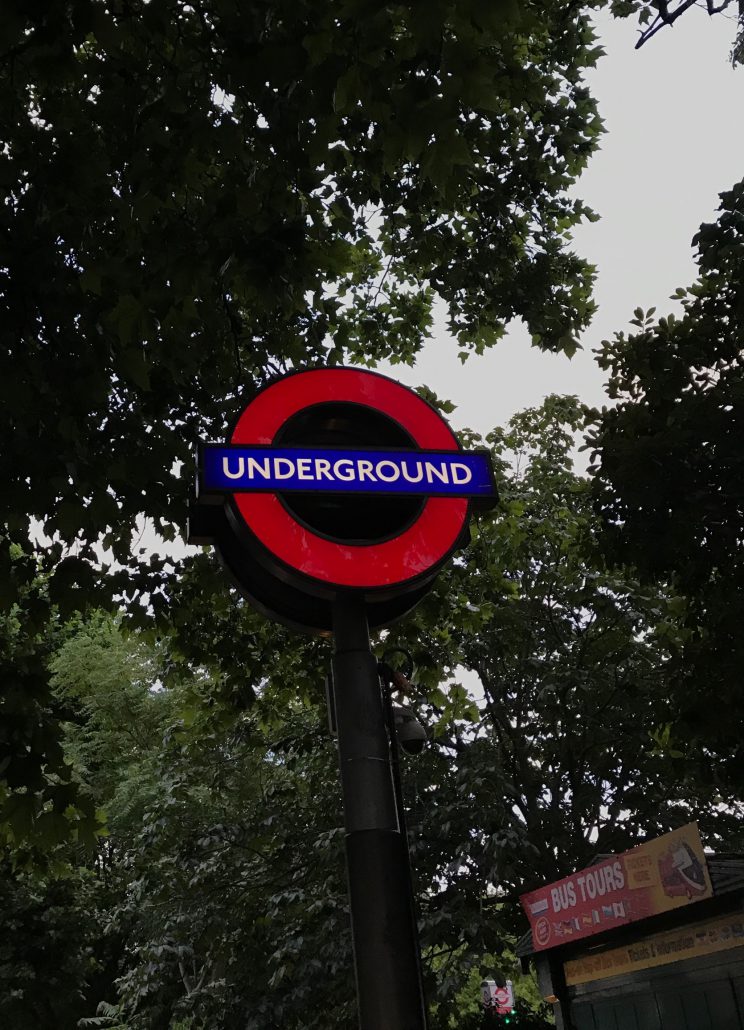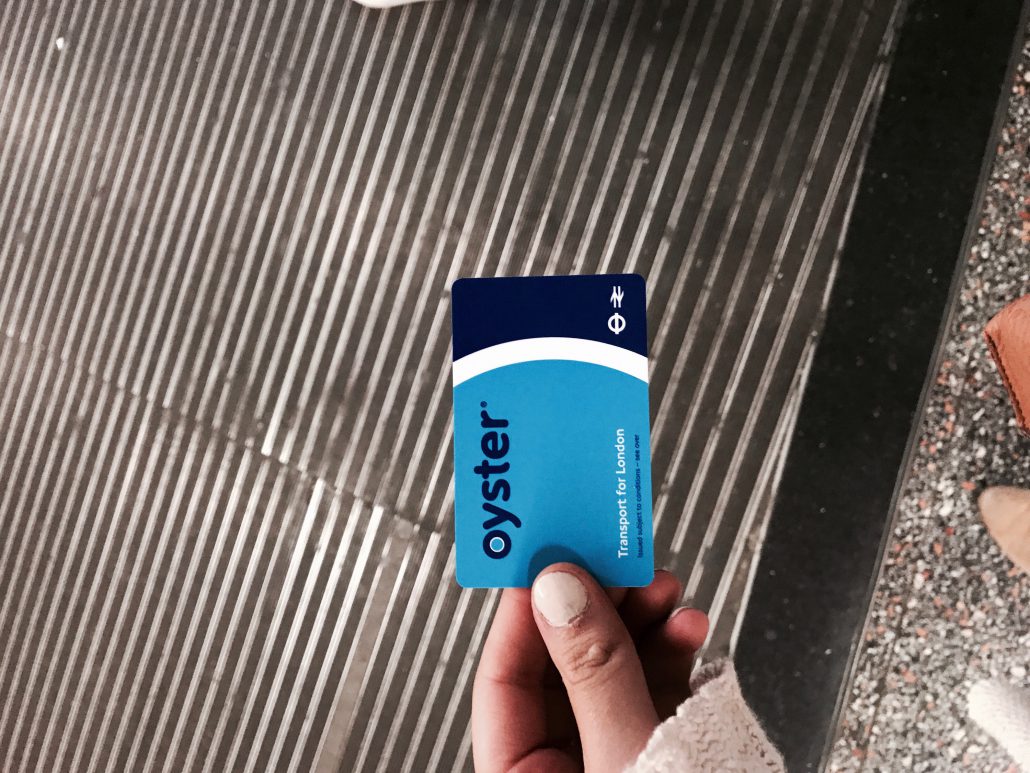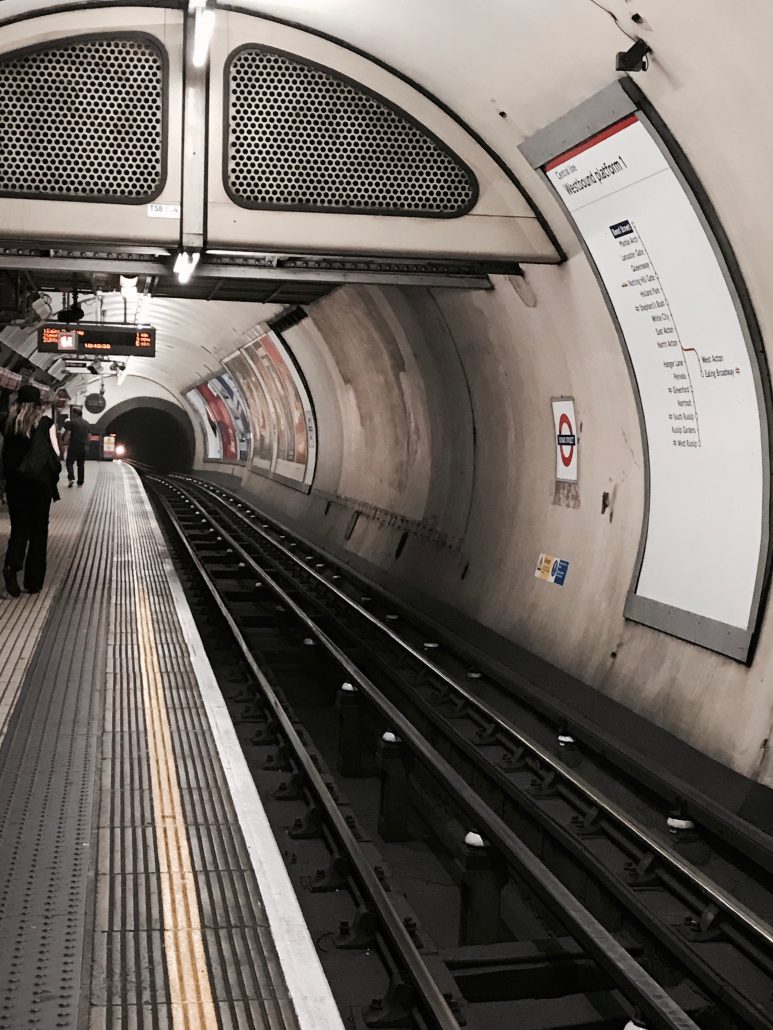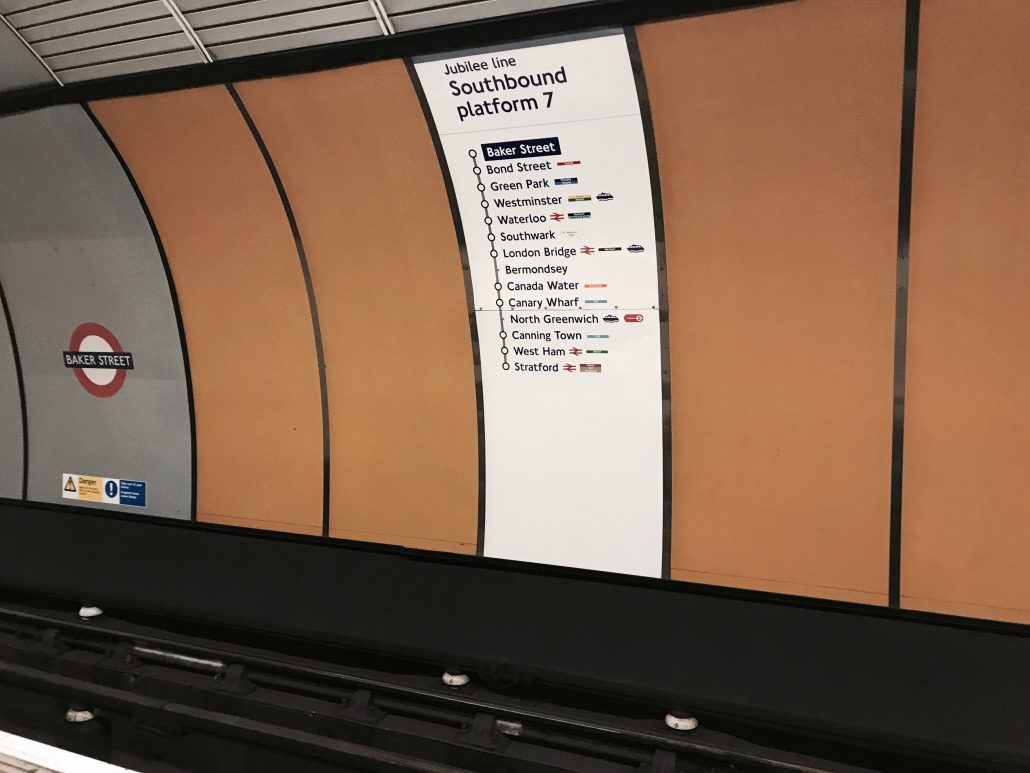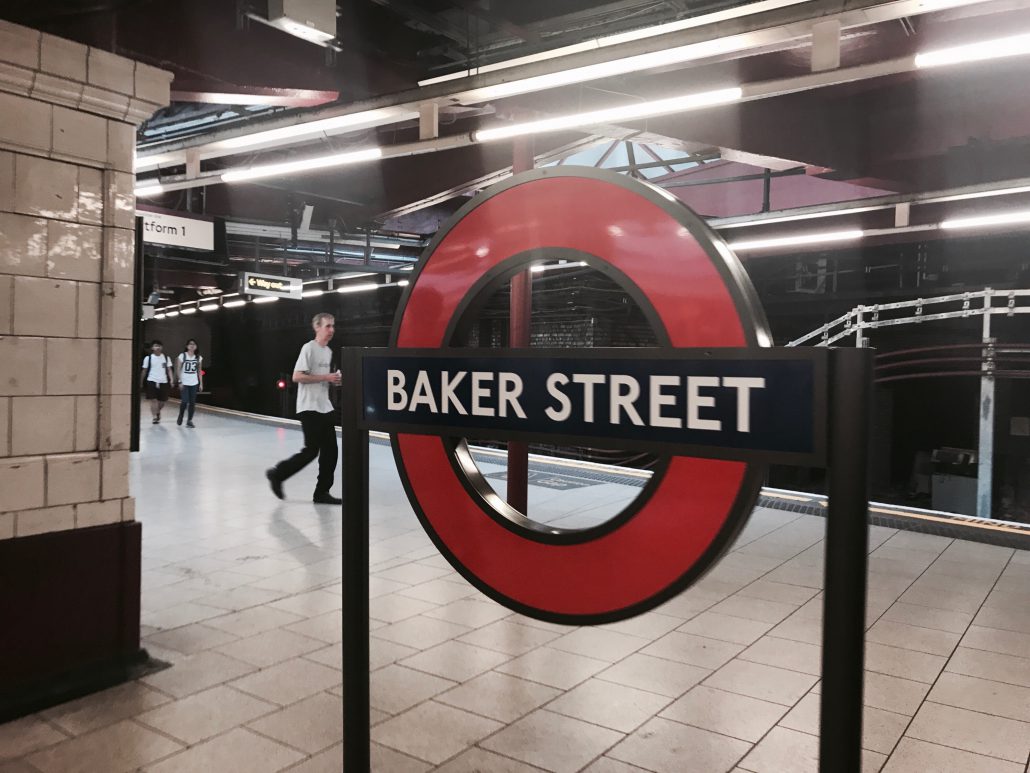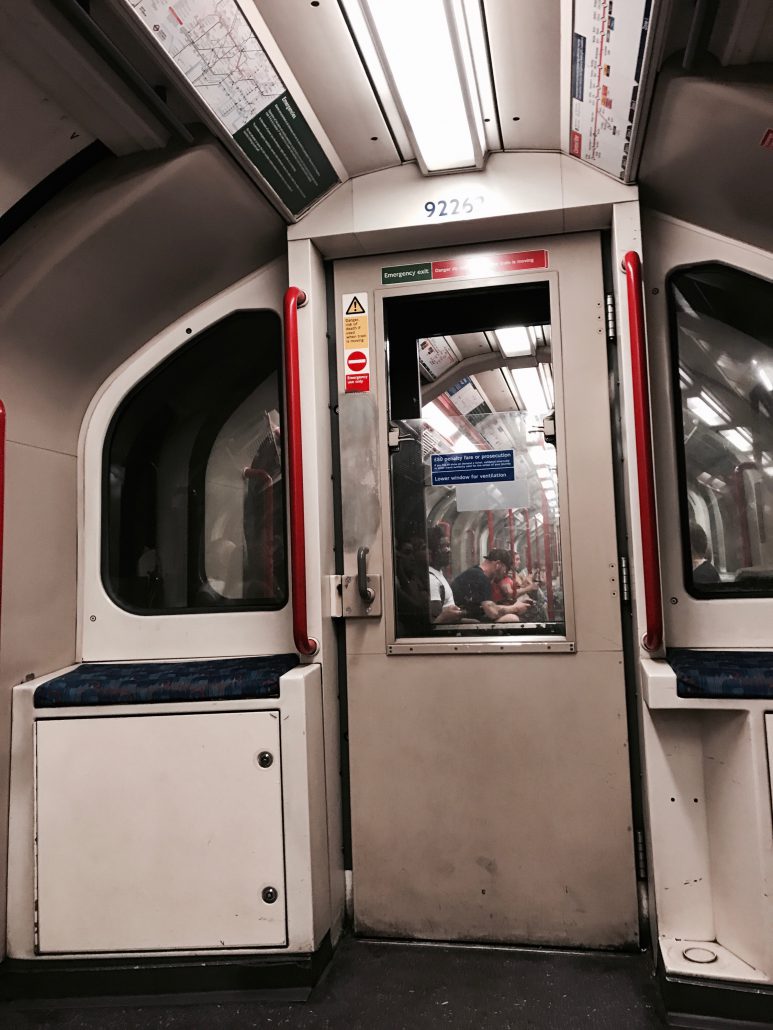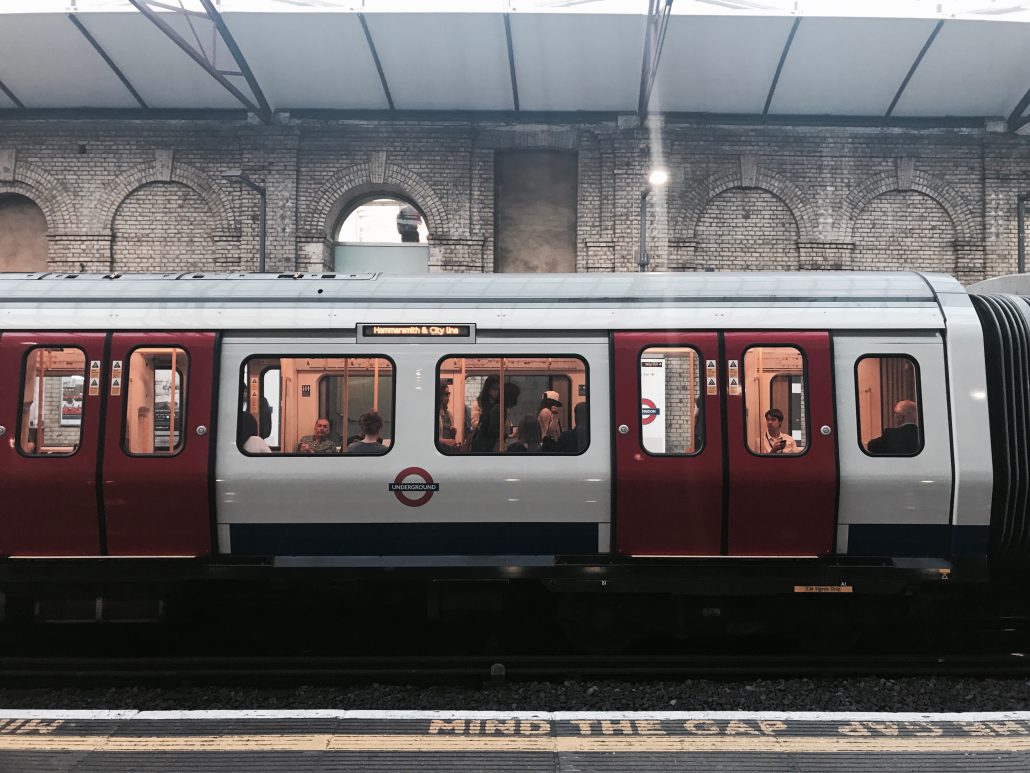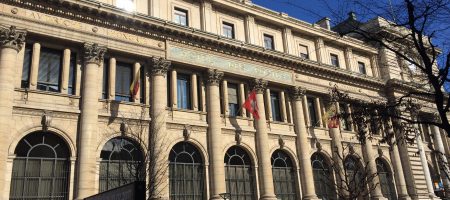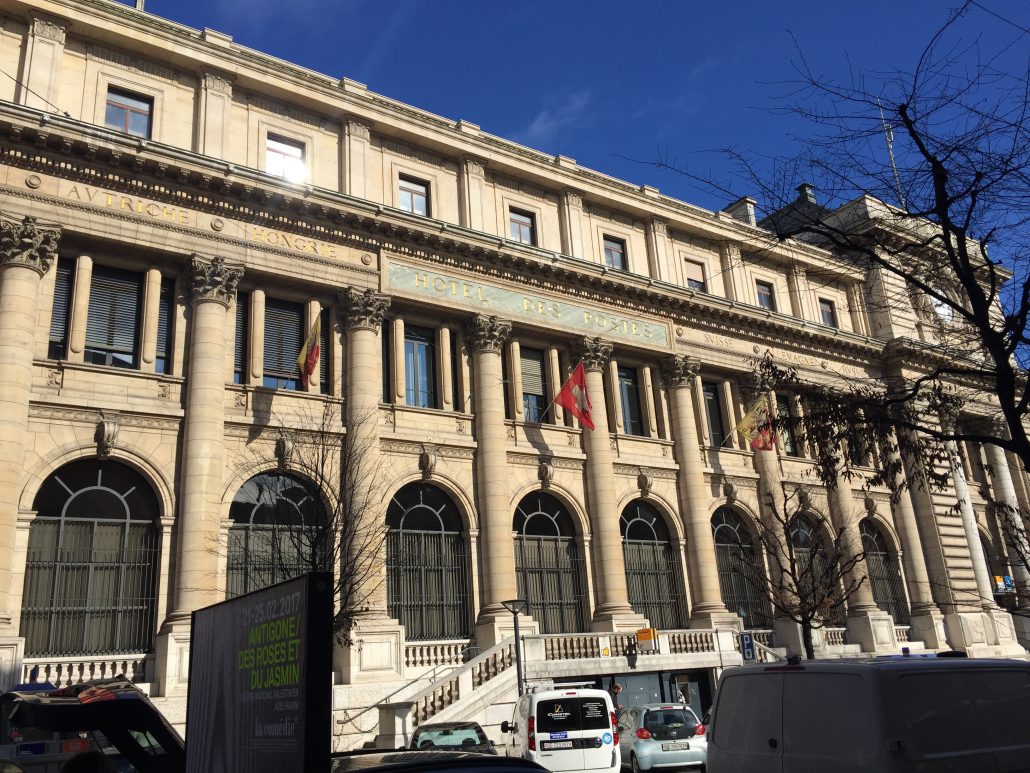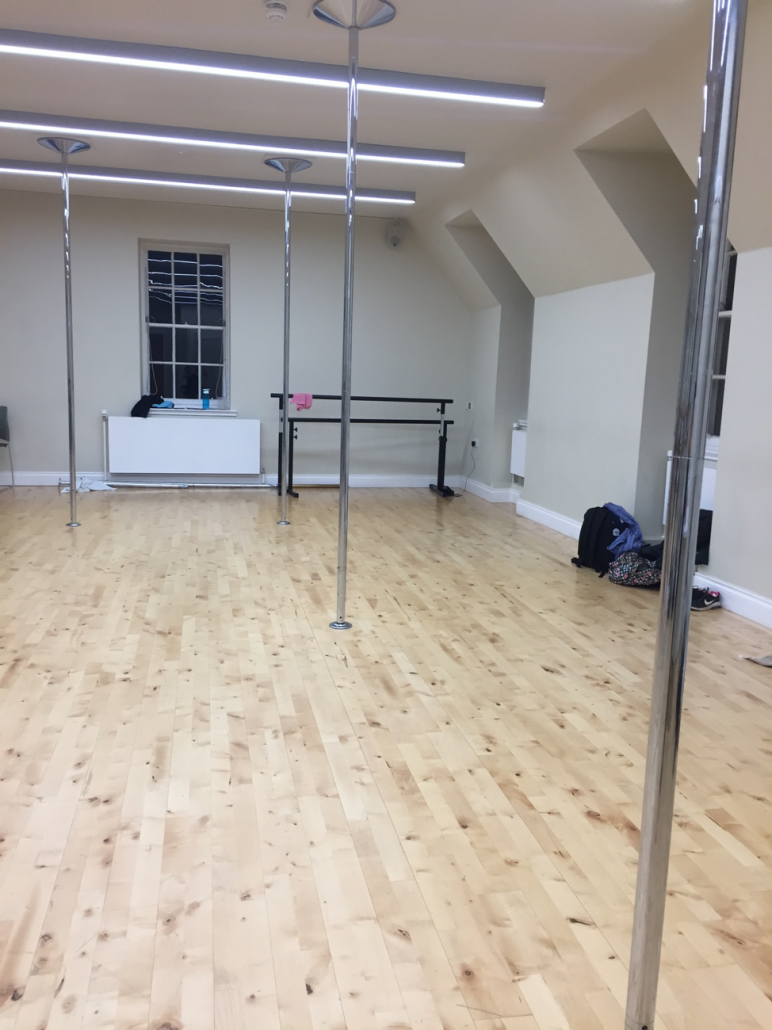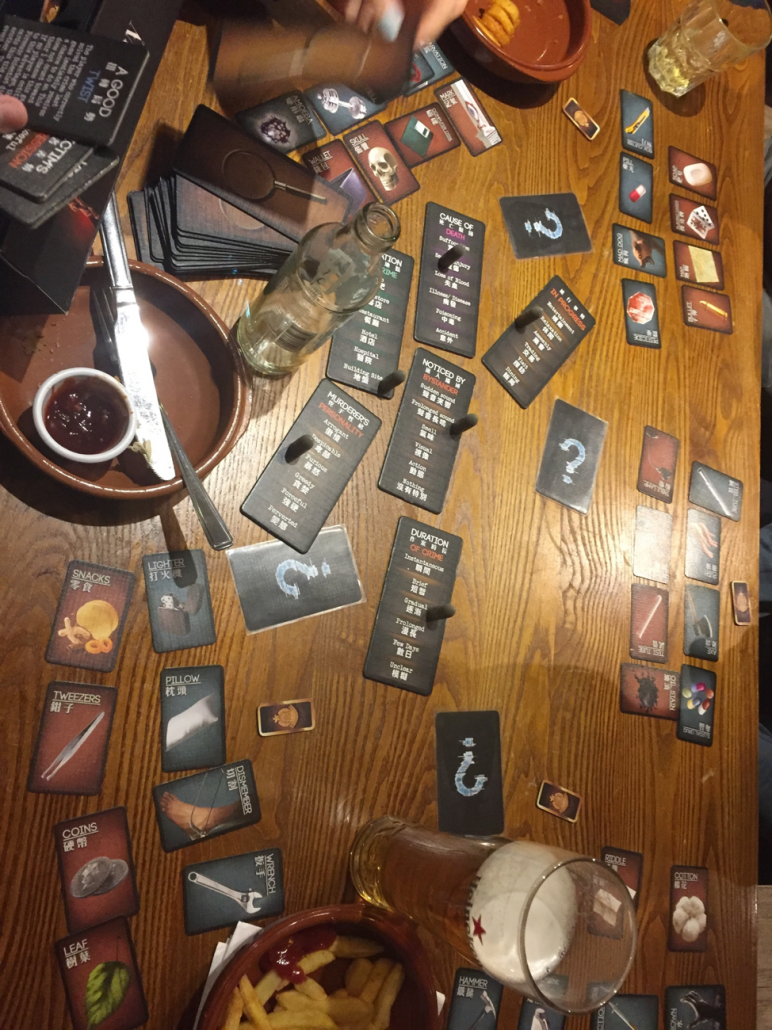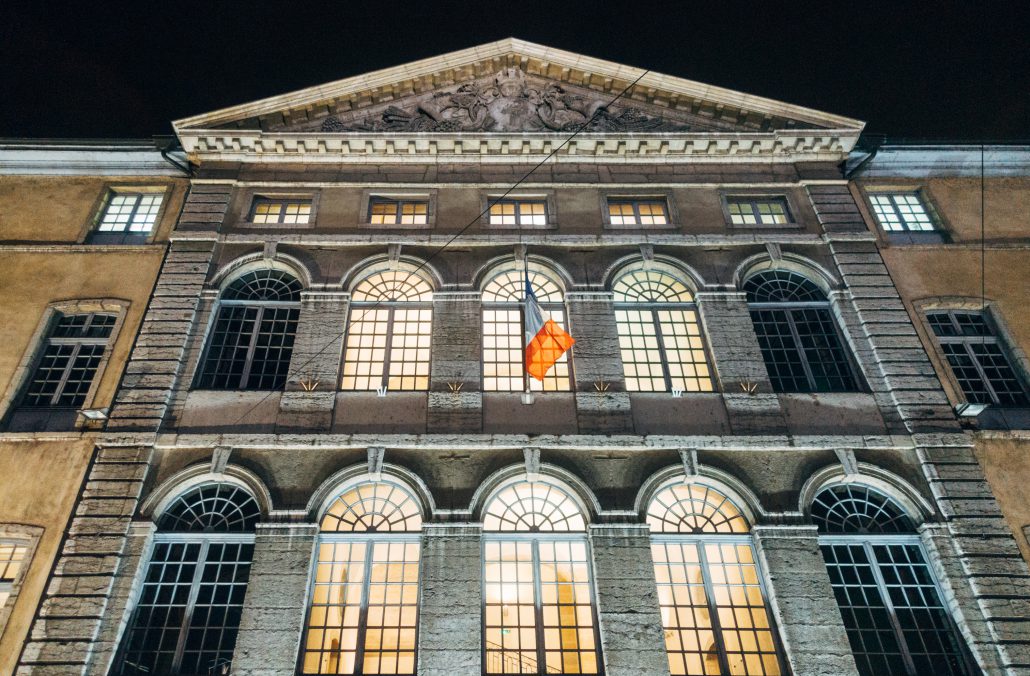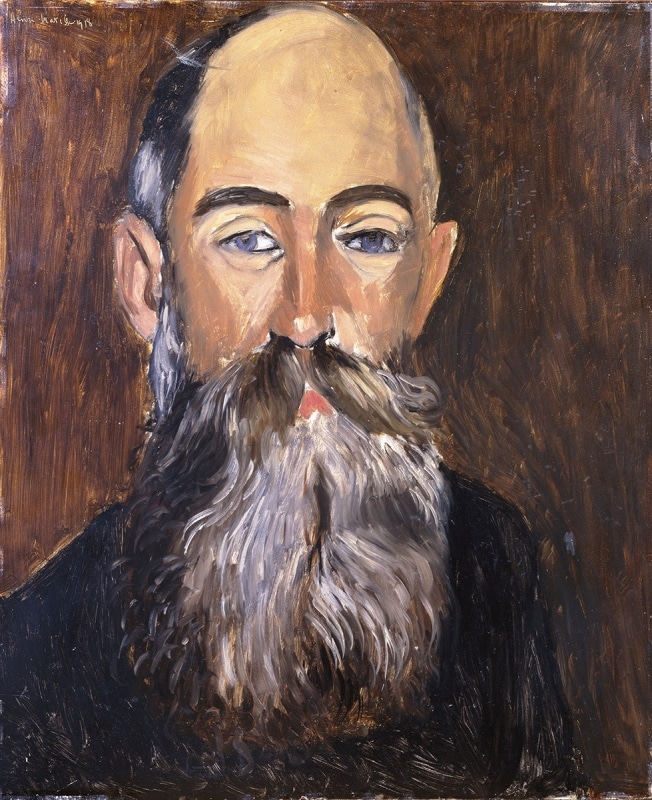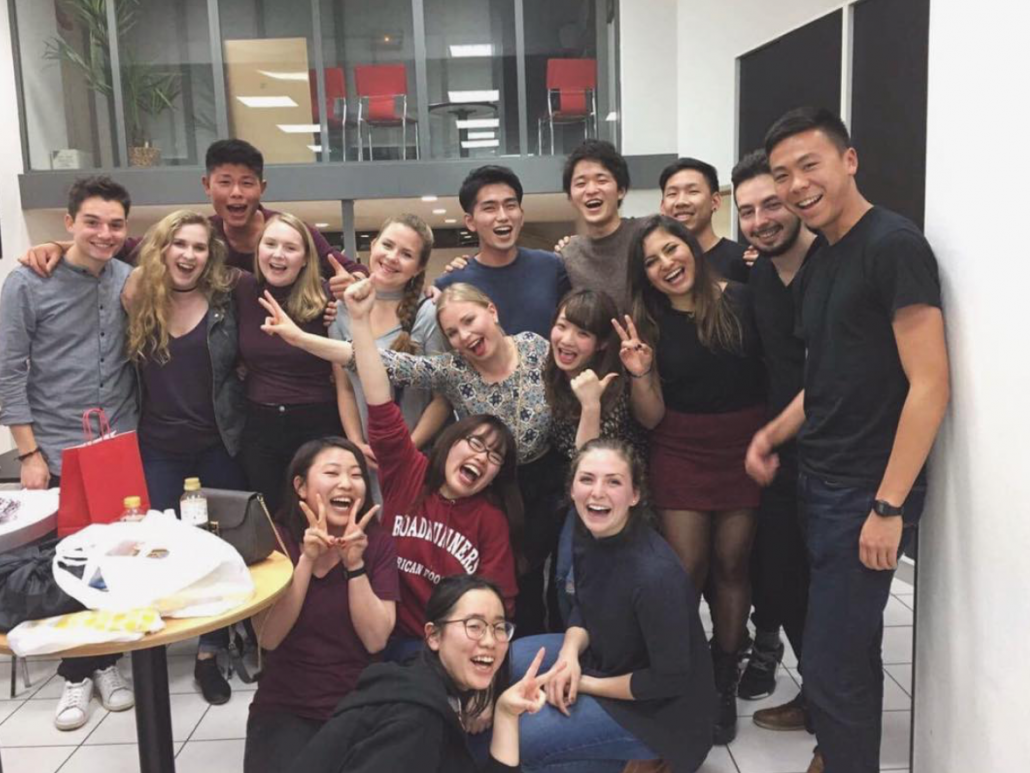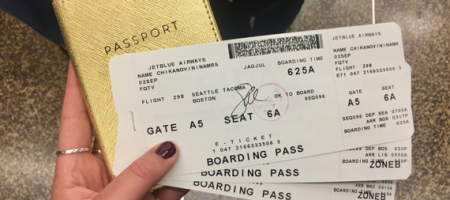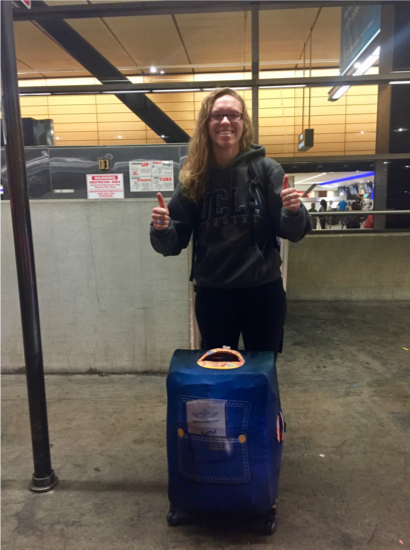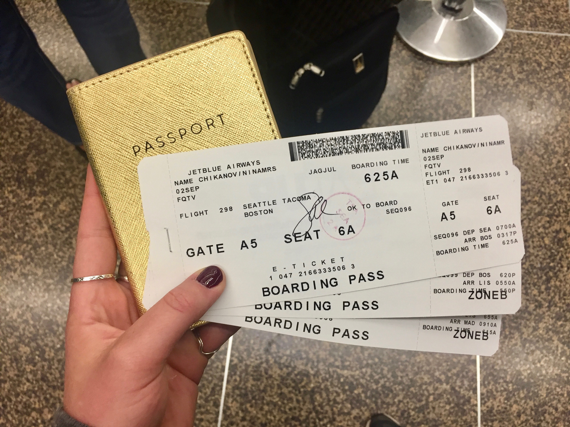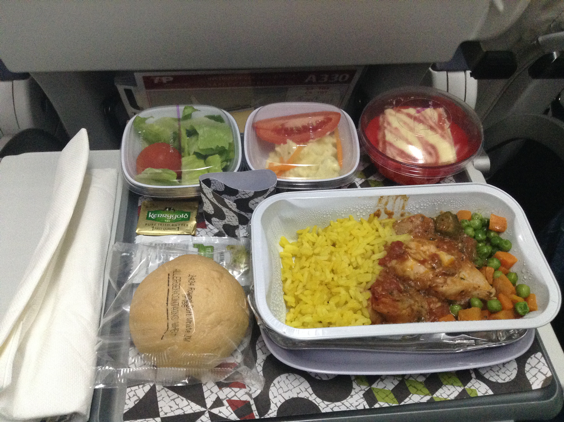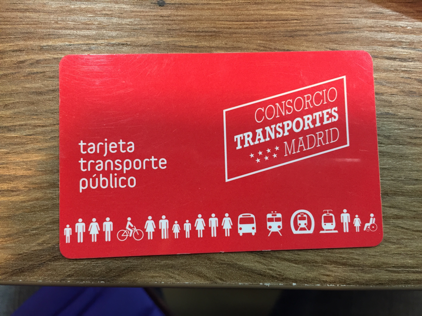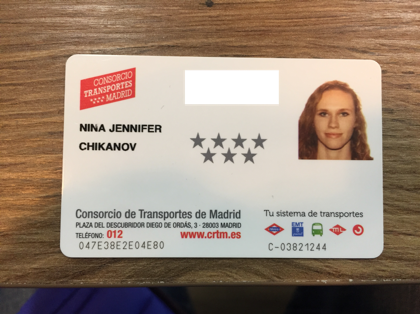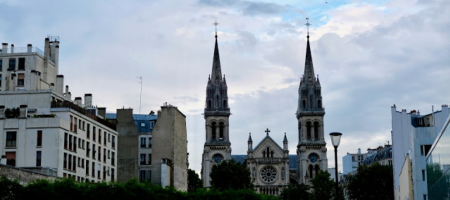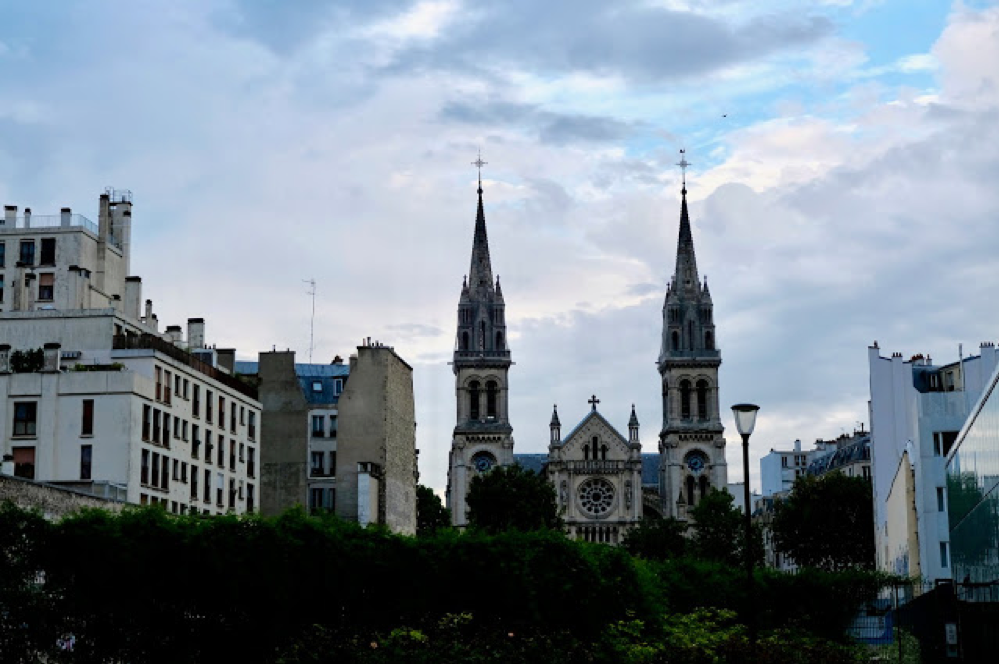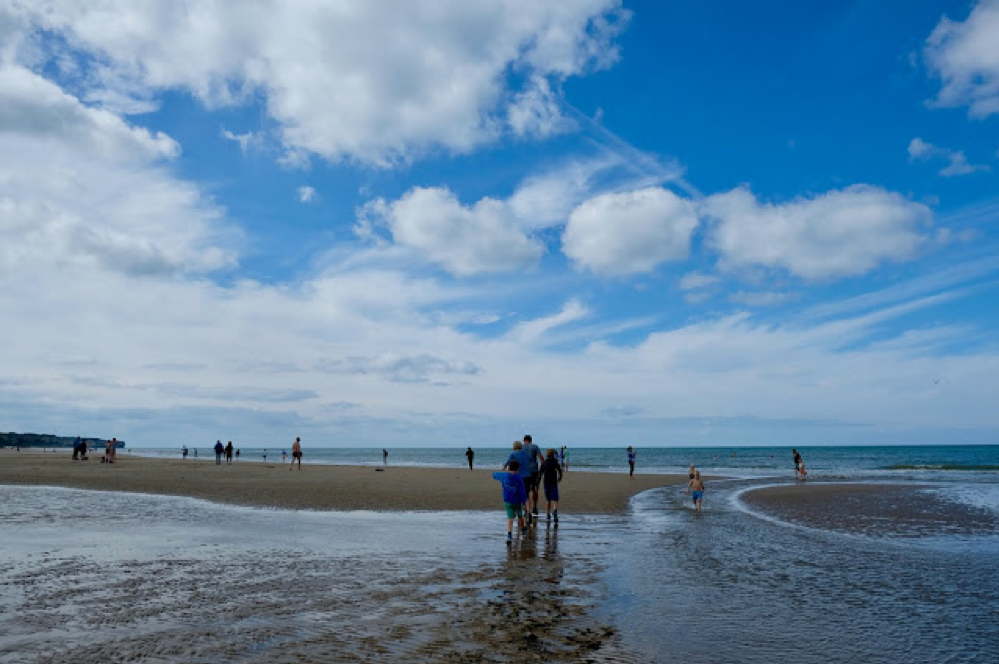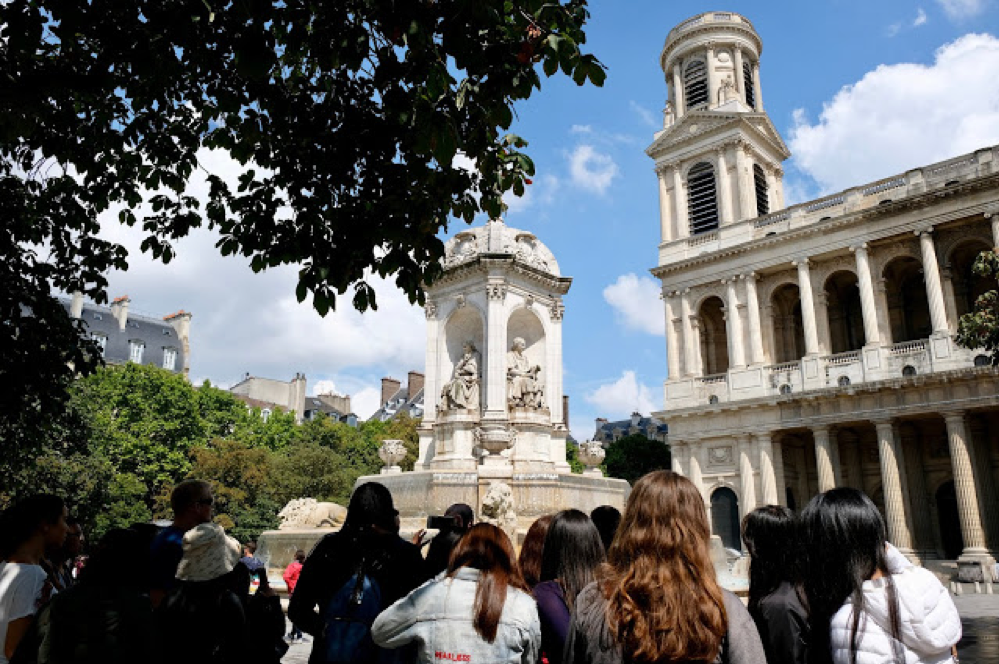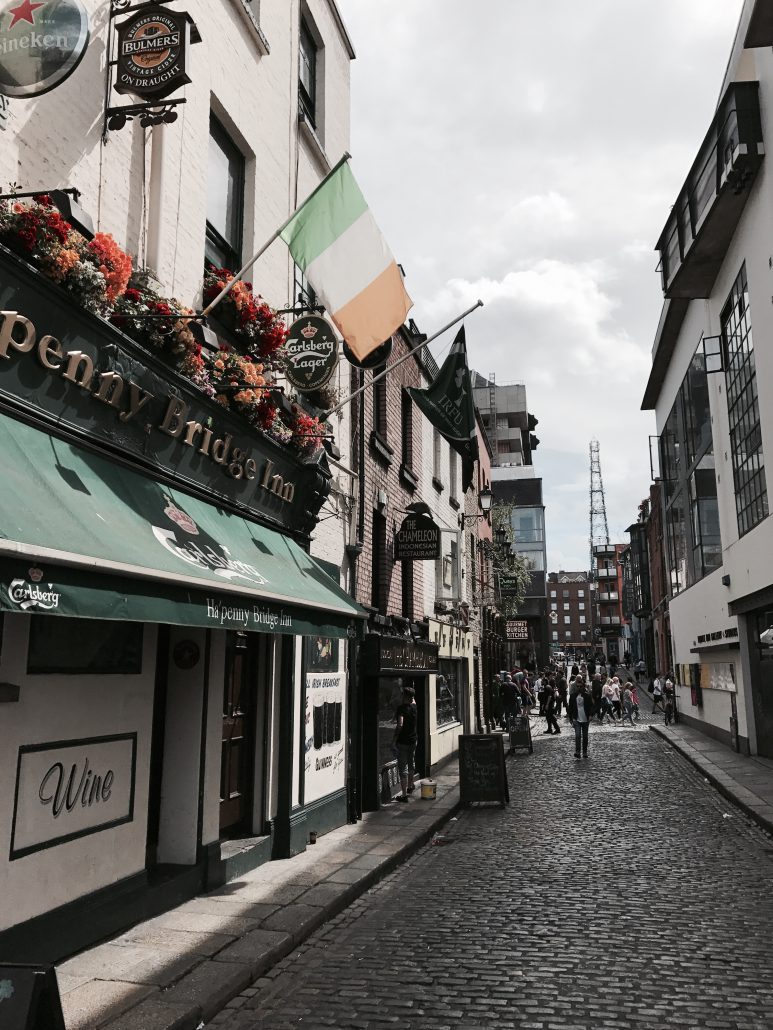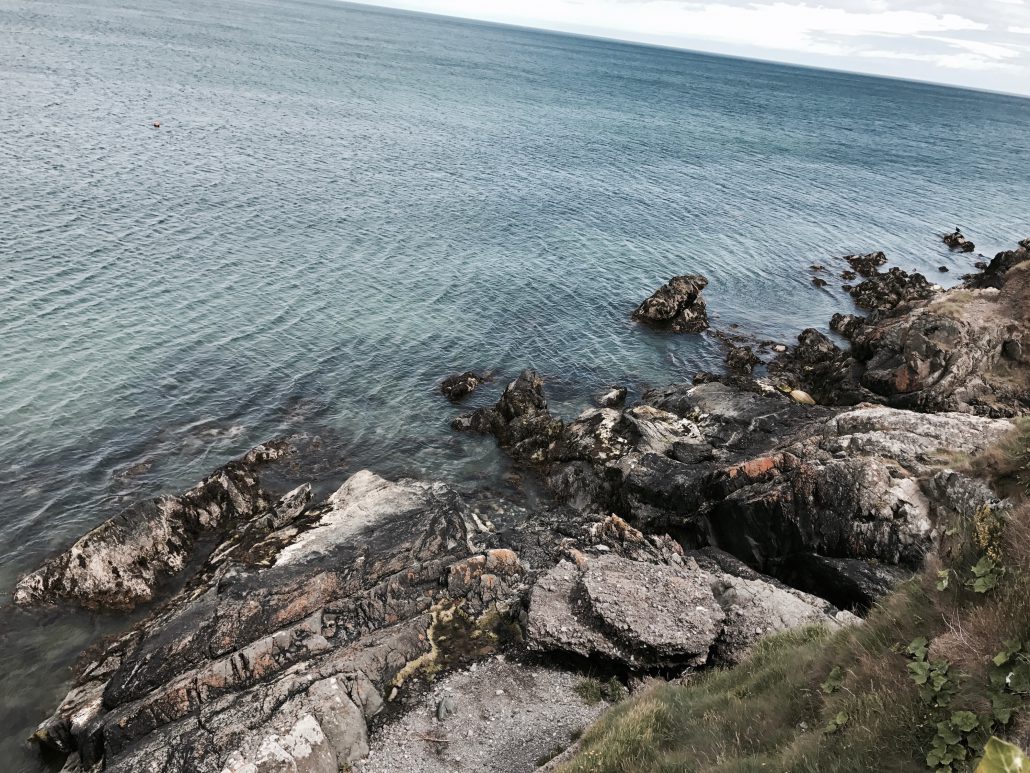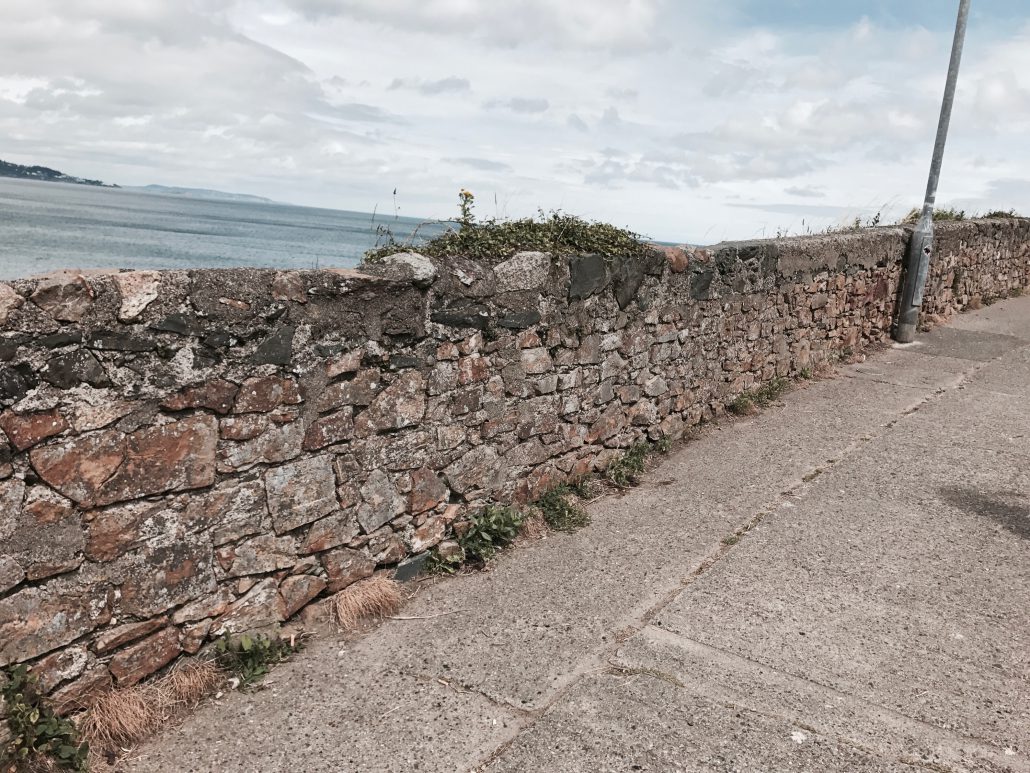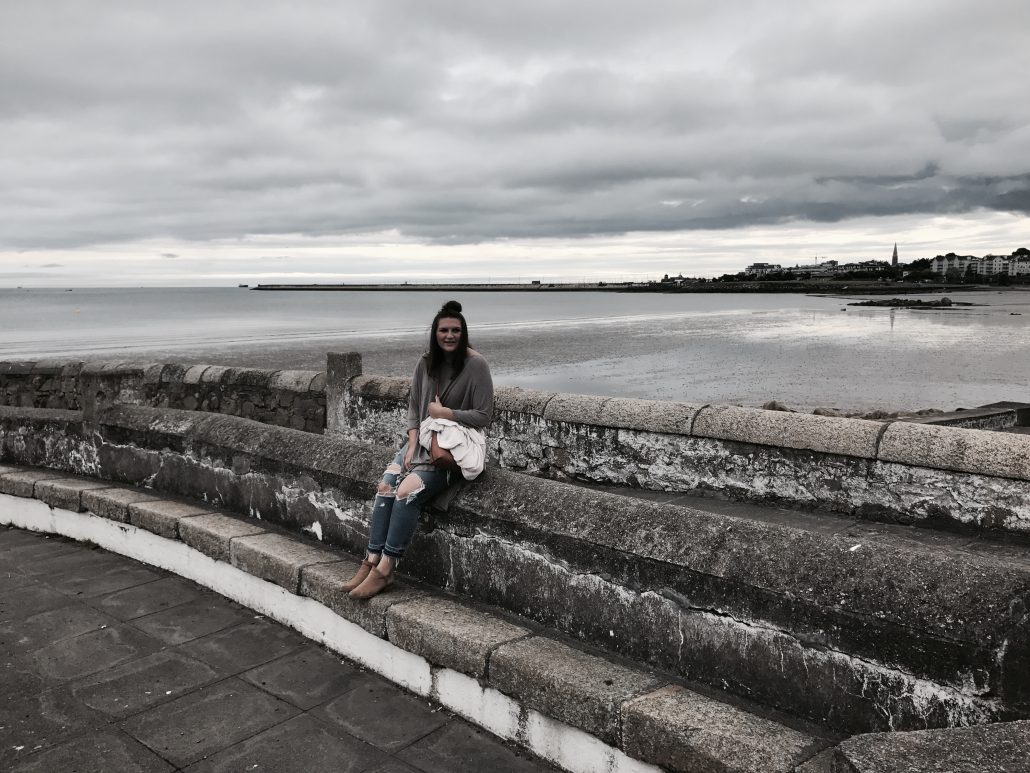France | An Idiot Abroad: Hola, Barcelona!
BY BARRY YANG
STUDIES
This past week of class has been fairly steady and non-exciting. Our French classes continue as normal as I struggle to learn the imparfait and differences between qui and que. Recently we received a new group of Japanese students in our French class. Straight from Tokyo and Meiji, our Japanese friends are very much in the same boat I am in. Seven out of the eight of them have no previous French experience and are just as lost as I am in the class. Our professor, Christophe, seems to be struggling a bit with the discrepancy in French levels as he must now accommodate students on a much wider spectrum. Though it is kind of nice having some people in the class who are just as clueless as I am. Our European Imperialism class is going very well and Professor Porter has introduced us many new and interesting insights on British overtures in China during the 19th and 20th century. Having learned broadly about the Opium Wars, Boxer Rebellion, and the spheres of influence established by western powers in China, it was very nice to get a more primary source centric lecture that dove more in depth into personal accounts; this really helped me get a much through understanding of the era. An animated man with a lively presence, Professor Porter never creates a dull moment. One can really see that his enthusiasm is genuine. This week was our class for Political Islam, Professor Addi ended the class on an interesting note talking about various terms in Arabic and discussing their historical and religious roots. I have always wanted to understand Islam, better but never took the time or opportunity to learn about it. This Political Islam class gave me a deeper understanding on how Islam affects matters of the state and the many nuances of the religion. While I wish the course would have had a more formal structure, it was nonetheless a great experience that broadened my perspectives. Professor Addi was a very nice teacher and even gave us three options for our final. One, take an in class essay exam. Two, do an at home essay on one of the books he provided in his syllabus. Three, do both and have the better score count. These are more options than they have at a French buffet! I have never heard of anything like this in the states and probably never will. Our last class, Justice and Democracy, is also about to wrap up and we will soon begin presenting our topic (overpopulation) as part of the final. Professor Sophie gave us interesting perspectives on the injustices that result from environmental pollution. She introduced various environmental theories and approached the matter of global warming from philosophical lenses. While I do enjoy Professor Sophie’s class, I sometimes feel that the theories she presents are just very common sense observations wrapped in pretentious vocabulary. Though I do not think that this is so much her as it is the philosophers she is teaching us about. We have another class beginning next Monday; it is weird that then commencing class will only last a month as that is only about a third of a standard UCLA quarter.
BARCELONA
After all of our classes on Thursday, my girlfriend and I hopped on a plane to Barcelona (we do not have class on Fridays). The most simplistic method to get the Lyon airport is via a tramline called the Rhone Express. This is also the method of transportation suggested to us by UCEAP when we first arrived in Lyon. While the Rhone Express is incredibly easy to ride and convenient, it is not the cheapest. A few years ago Lyon’s public transport could take you to the airport. From Part-Dieu (the main train station in Lyon) one could simply take Tramway 3 towards Meyzieu Zone Industrial and then take a bus which stops at the airport.
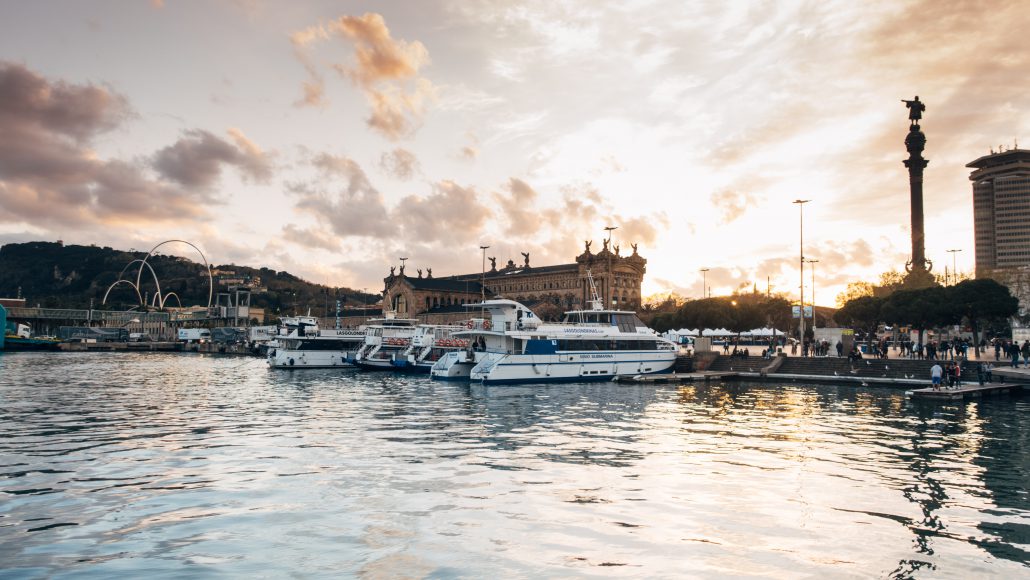
All this would have only costed 1.80 euros (Lyon’s public transport tickets work for 60 minutes upon first validation so you can use it as much as you want on all the methods of transport within the hour). The bus has since been scrubbed so now the Rhone Express remains the only option besides driving. However, we recently discovered a car service that essentially has taken over the role of the bus. For 7 euros (student price) a shuttle service will pick you up at the Meyzieu Zone Industrial tram stop and drop you off at the airport. Even with the tramway ticket factored in, the total only comes out to 8.5 euros which is still
almost 5 euros cheaper than the student Rhone Express ticket. The Rhone Express, for a lack of a better word, is really just there to make more money off both tourists and local Lyonnais. There is absolutely no reason why a train or tramway line can not run to the airport, especially given the fact that there is literally a new train station inside the airport. These sentiments are also shared by Lyonnais locals. After speaking with my host family and a old French couple on the shuttle service, it was quite clear that no one is very pleased with the Rhone Express.
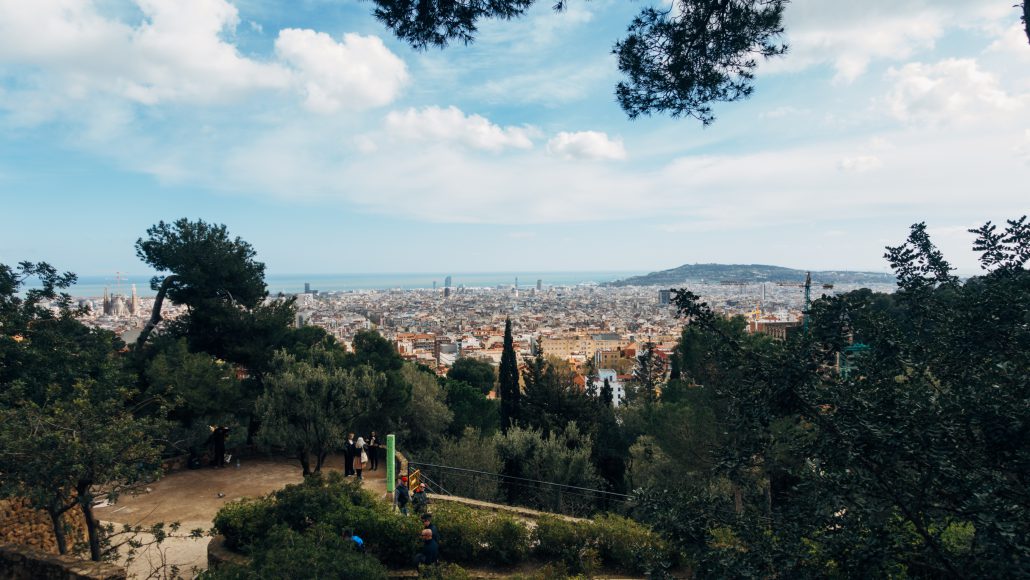
Anyways, after a tramway, shuttle service, flight, my girlfriend and I arrived at Barcelona. Our weekend trip was incredibly fun and I got to see sights that I never thought I would actually get an opportunity to see. We walked by the economics university in Barcelona, which was actually my first choice for study abroad, but I did not get my application in on time. In hindsight though, I am very glad I chose Lyon. Barcelona is too big of a city and there is just too much going on. After a very exciting weekend filled with much sightseeing, and sangria, we were both excited to return to our home in Lyon.


Barry Yang studied abroad in Lyon, France, in Spring 2017: http://eap.ucop.edu/OurPrograms/france/Pages/default.asp


